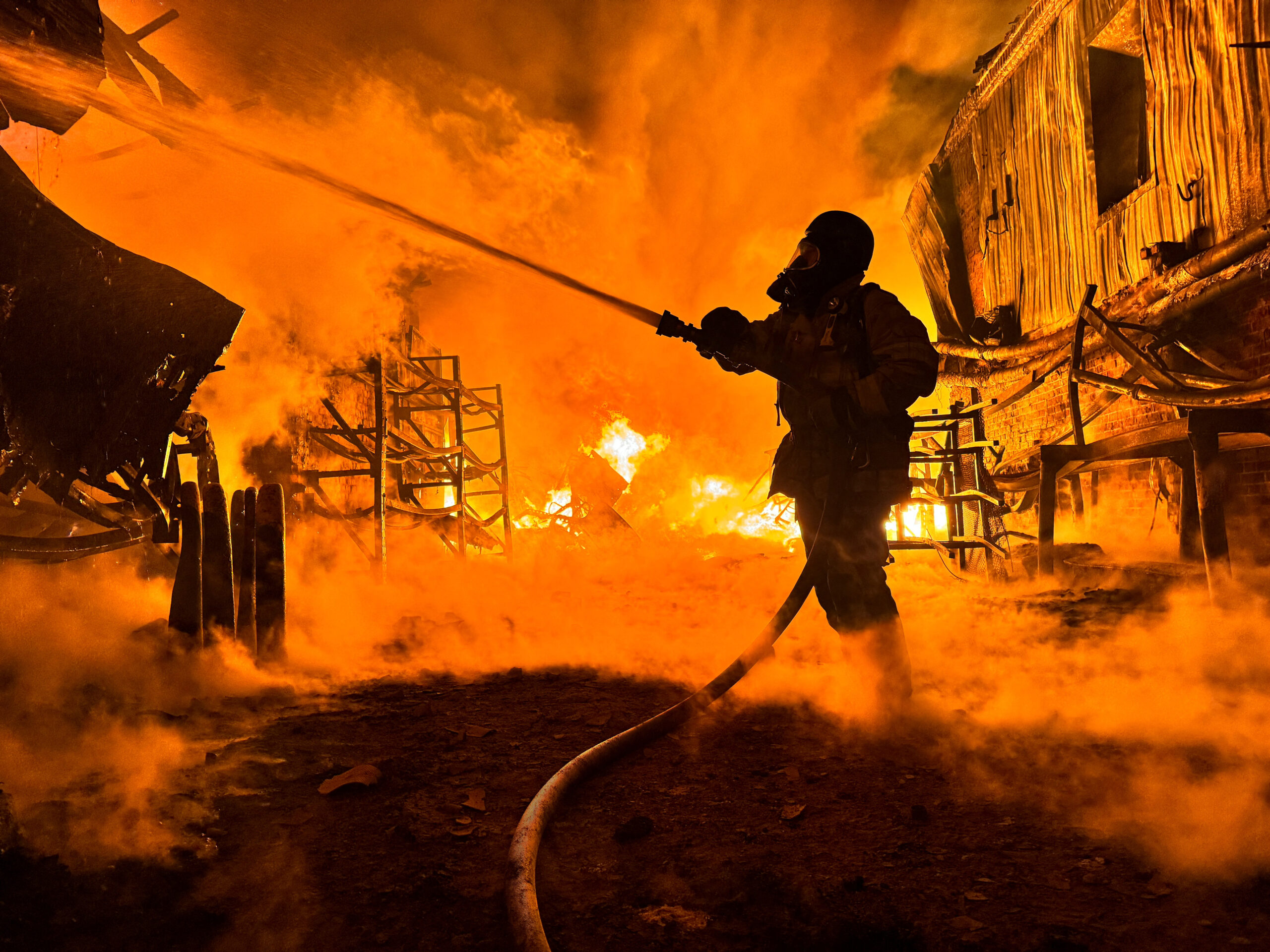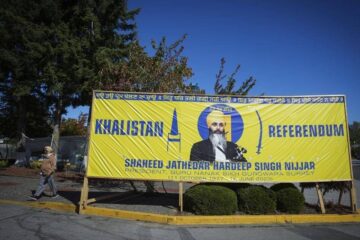U.S. considers air strikes, action with Iran to halt Iraq rebels
Reuters
The United States said it could launch air strikes and act jointly with its arch-enemy Iran to support the Iraqi government, after a rampage by Sunni Islamist insurgents across Iraq that has brought accusations of war crimes.
Militants from the Islamic State of Iraq and the Levant have routed Baghdad\’s army and seized the north of the country in the past week, threatening to dismember Iraq and unleash all-out sectarian warfare with no regard for national borders.
The fighters have been joined by other armed Sunni groups who oppose what they say is oppression by Prime Minister Nuri al-Maliki, a Shi\’ite.
The United Nations human rights chief said forces allied with ISIL had almost certainly committed war crimes by executing hundreds of non-combatant men in Iraq over the past five days
Joint action between the United States and regional Shi\’ite power Iran to help prop up their mutual ally in Baghdad would be unprecedented since Iran\’s 1979 revolution, demonstrating the urgency of the alarm raised by the lightning insurgent advance.
U.S. Secretary of State John Kerry called the advance an "existential threat" for Iraq. Asked if the United States could cooperate with Tehran against the insurgents, Kerry told Yahoo News: "I wouldn\’t rule out anything that would be constructive."
As for air strikes: "They\’re not the whole answer, but they may well be one of the options that are important," he said. "When you have people murdering, assassinating in these mass massacres, you have to stop that. And you do what you need to do if you need to try to stop it from the air or otherwise."
The Pentagon said that while there might be discussions with Iran, there were no plans to coordinate military action with it.
Britain, Washington\’s ally in the 2003 war that deposed Sunni dictator Saddam Hussein, said it had reached out to Iran in recent days. A U.S. official said meetings with Iran could come this week on the sidelines of international nuclear talks.
Iran has longstanding ties to Maliki and other Shi\’ite politicians who came to power in U.S.-backed elections.
ISIL seeks a caliphate ruled on mediaeval Sunni Muslim precepts in Iraq and Syria, fighting against both Iraq\’s Maliki and Syria\’s Bashar al-Assad, another ally of Iran. It considers Shi\’ites heretics deserving death and has boasted of massacring hundreds of Iraqi troops who surrendered to it last week.
Its uprising has been joined by tribal groups and figures from Saddam\’s era who believe Maliki is hostile to Sunnis.
ISIL fighters and allied Sunni tribesmen overran yet another town on Monday, Saqlawiya west of Baghdad, where they captured six Humvees and two tanks.
Eyewitnesses said Iraqi army helicopters were hovering over the town to try to provide cover for retreating troops.
President Barack Obama pulled out all U.S. troops in late 2011 and rules out sending them back, although he is weighing other options such as air strikes. A U.S. aircraft carrier has sailed into the Gulf along with a warship carrying 550 marines.
The only U.S. military contingent on the ground is the security staff at the U.S. embassy. Washington is evacuating some diplomatic staff and sending about 100 extra marines and other personnel to help safeguard the facilities.
The United Nations said it had relocated 58 staff to Jordan.
Potential cooperation between the United States and Iran shows how dramatically the ISIL advance has redrawn the map of Middle East alliances in a matter of days.
Iran\’s President Hassan Rouhani, a relative moderate elected last year, has presided over a gradual thaw with the West, including secret talks with Washington that led to a preliminary deal to curb Iran\’s nuclear program. But open cooperation against a mutual threat would be unprecedented.
Any rapprochement between Washington and Tehran over Iraq could anger U.S. allies Israel and the Sunni Gulf Arab states. Saudi Arabia, the Gulf\’s main Sunni power, said it rejected foreign interference in Iraq, and blamed Baghdad\’s "sectarian and exclusionary policies" for fuelling the insurgency.
Source – Reuters
[do_widget_area inner_adsbar]









